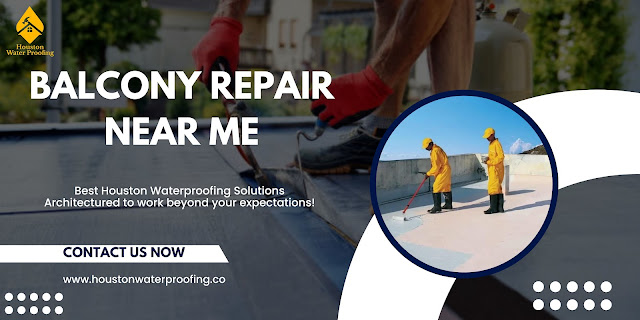Highest Quality Materials and Commercial Waterproofing Workmanship Houston
When it comes to commercial waterproofing contractors, the quality of the materials used and workmanship is critical. With Houston’s humid and wet weather, waterproofing is essential to protect commercial buildings from water damage, mold, and other related problems. In this article, we’ll explore the importance of using high-quality materials and expert workmanship in commercial waterproofing in Houston.
Table of Contents
- Introduction
- Understanding Commercial Waterproofing
- Importance of High-Quality Materials
- Types of High-Quality Materials for Commercial Waterproofing
- Expert Workmanship for Commercial Waterproofing
- Benefits of Expert Workmanship
- Choosing the Right Waterproofing Contractor
- Common Waterproofing Problems
- How to Maintain Commercial Waterproofing
- Tips for Preventing Water Damage
- Cost of Commercial Waterproofing
- Importance of Proper Insurance Coverage
- Commercial Waterproofing Regulations in Houston
- Conclusion
- FAQs
Introduction
Houston's weather and climate can be challenging for commercial buildings, especially those that are not properly waterproofed. Water damage can lead to structural damage, mold growth, and other issues that can be expensive to repair. The use of high-quality materials and expert workmanship in commercial waterproofing can significantly reduce the likelihood of water damage, ensuring the longevity of your commercial property.
Understanding Commercial Waterproofing
Commercial waterproofing is the process of preventing water from penetrating a building's exterior or interior surfaces. It involves the application of various waterproofing materials and techniques to protect the building from water damage, such as leaks and flooding.
Importance of High-Quality Materials
The quality of the materials used in commercial waterproofing companies Houston is critical. Inferior materials can lead to poor waterproofing and can result in water damage, mold growth, and other related problems. High-quality materials provide better protection
against water penetration and have a longer lifespan than inferior materials.
Types of High-Quality Materials for Commercial Waterproofing
Several types of high-quality materials are available for commercial waterproofing contractors, including:
Waterproof Membranes
Waterproof membranes are thin layers of waterproof material that are applied to a building's surfaces. They provide a barrier against water penetration and are ideal for flat roofs and walls.
Sealants
Sealants are used to fill gaps and cracks in a building's exterior, preventing water from penetrating. They are ideal for areas around windows, doors, and other openings.
Coatings
Coatings are applied to a building's exterior surfaces to provide protection against water penetration. They can be used on roofs, walls, and foundations.
Expert Workmanship for Commercial Waterproofing
The use of high-quality materials alone is not enough to ensure effective commercial waterproofing. Expert workmanship is also crucial. Professional waterproofing contractors have the necessary experience and expertise to apply waterproofing materials correctly. They can also identify potential problem areas and take proactive measures to prevent water damage.
Benefits of Expert Workmanship
Expert workmanship in commercial waterproofing companies Houston provides several benefits, including:
- Improved waterproofing performance
- Longer-lasting protection against water damage
- Cost-effective waterproofing solutions
- Lower maintenance costs
- Increased property value
Choosing the Right Waterproofing Contractor
Choosing the right waterproofing contractor is essential to ensure high-quality commercial waterproofing. Consider the contractor's experience, expertise, reputation, and insurance coverage before making a decision. Ask for references and testimonials from previous clients to determine their level of satisfaction with the contractor's work.
Common Waterproofing Problems
Several common problems can arise in commercial waterproofing, including:
- Poorly applied waterproofing materials
- Inadequate waterproofing in critical areas
- Improper drainage and water management
- Inadequate ventilation
- Poor maintenance
How to Maintain Commercial Waterproofing
Regular maintenance


Comments
Post a Comment